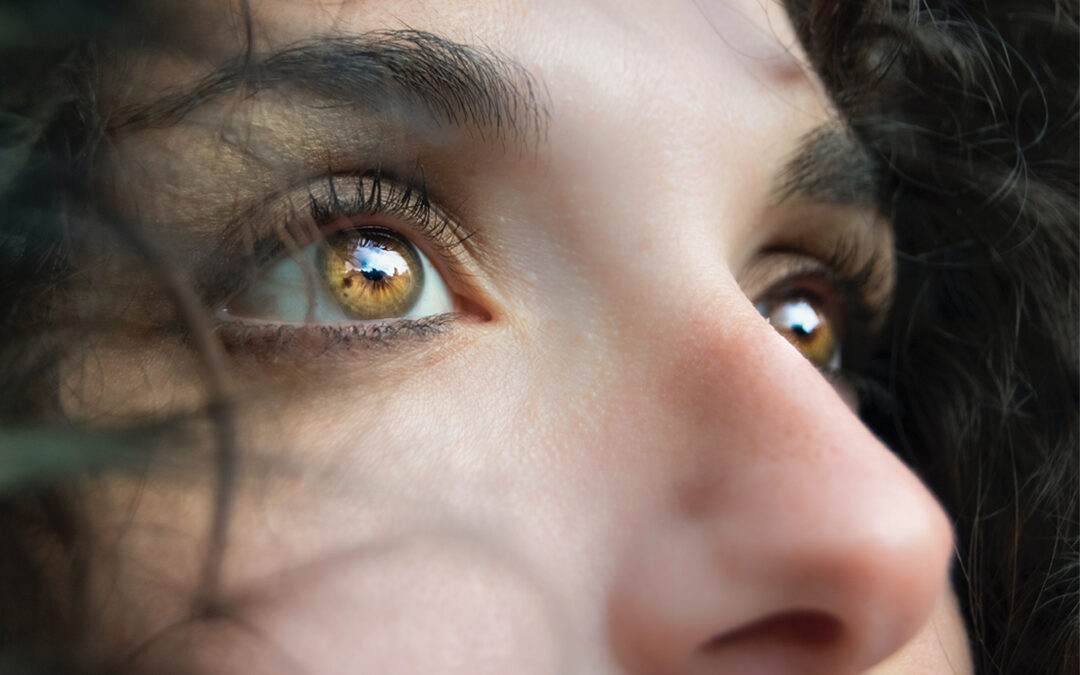Spasticities, especially those involving your nose, are typically not harmful. Having said that, they can be annoying and a little distracting.
The duration of the contractions might range from a few seconds to several hours.
Muscle cramps, dehydration, stress, or a medical condition’s early warning signs can all induce nose twitching.
Read on to discover more.
KEY TAKEAWAYS
✅ Your recent medicine or diet may have caused your nose to twitch often.
✅ Severe twitching or related tics, however, may be signs that need medical treatment.
✅ Contact your doctor to schedule a visit and to discuss treatment options if you start to notice that your spasms are getting worse or are having unpleasant reactions.
Reasons for a twitching nose
Mineral and vitamin deficits
Your body requires specific nutrients and vitamins in order to function normally and sustain good health. Blood circulation, neuron function, and muscle tone are all properly supported by vitamins and minerals. Among the essential nutrients your body requires are:
- B vitamin
- Iron
- Potassium
- Calcium
- Magnesium
- E vitamin
- Zinc
Your doctor might suggest nutritional supplements if they think you’re vitamin deficient. You might also need to eat a diet that is higher in nutrients.
Medication
Your entire body, including your face, may experience muscular spasms as a result of some drugs. Medications that can cause muscular spasms and cramps include:
- Diuretics
- Asthma treatment
- The statin drug
- Medication for high blood pressure
- Hormones
While taking a prescription drug, if you start to suffer nasal twitching or muscle spasms, call your doctor right away to discuss treatment alternatives that minimize negative side effects.
Nerve injury
Twitching of the nose may also result from nervous system problems. Muscle spasms can be brought on by diseases (like Parkinson’s disease) or injuries that cause nerve injury. If you have been given a diagnosis of a nerve condition, your doctor might suggest medication and treatment to lessen spasms and treat related symptoms.
Disorder of facial tics
Uncontrollable face spasms known as facial tics can cause nose twitching or spasms. Although it can affect anyone, the majority of cases of this illness are in youngsters.
In addition to their nose twitching, those with a facial tic disorder may also:
- Eyes blinking
- Twitching the brows
- Tongue movement
- Removing the sputum
- Grimacing
Facial tics frequently go away on their own and in some circumstances without therapy. Your doctor might suggest therapies such as these if they start to compromise your quality of life:
- Therapy
- Medication
- Injections of botox
- Stress management initiatives
- Mind-stimulating
Tourette disorder
Involuntary motions and vocal tics are symptoms of the neurological illness Tourette syndrome. Early signs are frequently observed in children. The following are typical signs and symptoms of Tourette syndrome:
- Swift eye movement
- A scrunched-up nose
- Jerking head
- Sniffing
- Swearing
- Reiterating phrases or words
Unless it starts to interfere with regular mental and physical functioning, Tourette syndrome is frequently not treated with medicine. If you have been diagnosed with Tourette syndrome, talk to your doctor about the best treatment choices.
